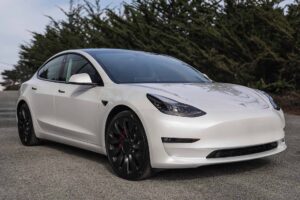If there’s one question that car buffs have grappled with for the past few years, it’s “Are electric cars the future?”. It seems like every time you pop into a dealership, more and more of them are decked out in glossy paint jobs advertising eco-friendly credentials. Join me on this enlightening journey as I explore the promising future of electric vehicles (EVs) and their impact on our lives.
With their zero-emission technology, improving battery capacities, expanding charging infrastructure, and increasing global support, EVs are set to play a significant role in reducing pollution and combating climate change while reshaping the automotive industry.
What Are Electric Cars?
Electric cars, also known as EVs, are automobiles that are powered by one or more electric motors instead of internal combustion engines (ICEs) that run on fossil fuels. They have evolved significantly over the years, with advancements in battery technology, charging infrastructure, and overall design. Initially, these vehicles faced limitations in terms of range and performance, but technological innovations have greatly improved their capabilities.
Despite the initial challenges, the high prices of EVs have been a common concern. Although the price depends on the model, brand, battery capacity, features, and market condition, in the USA, the average amount goes around $58,500. In the table below, you can check the price ranges of some most popular models and makes.
| Model and Make | Price Range |
| Tesla Model S | $30,000 – $135,000 |
| Chevrolet Bolt EV/EUV | $17,500 – $35,000 |
| Ford Mustang Mach-E | $50,000 – $68,000 |
| Tesla Model 3 | $30,000 – $67,000 |
| Tesla Model Y | $40,000 – $69,000 |
However, as technology continues to develop and gain popularity, economies of scale are making these machines more affordable. Additionally, various government incentives and subsidies are being introduced to encourage the adoption of EVs and offset the price difference in driving down manufacturing costs.
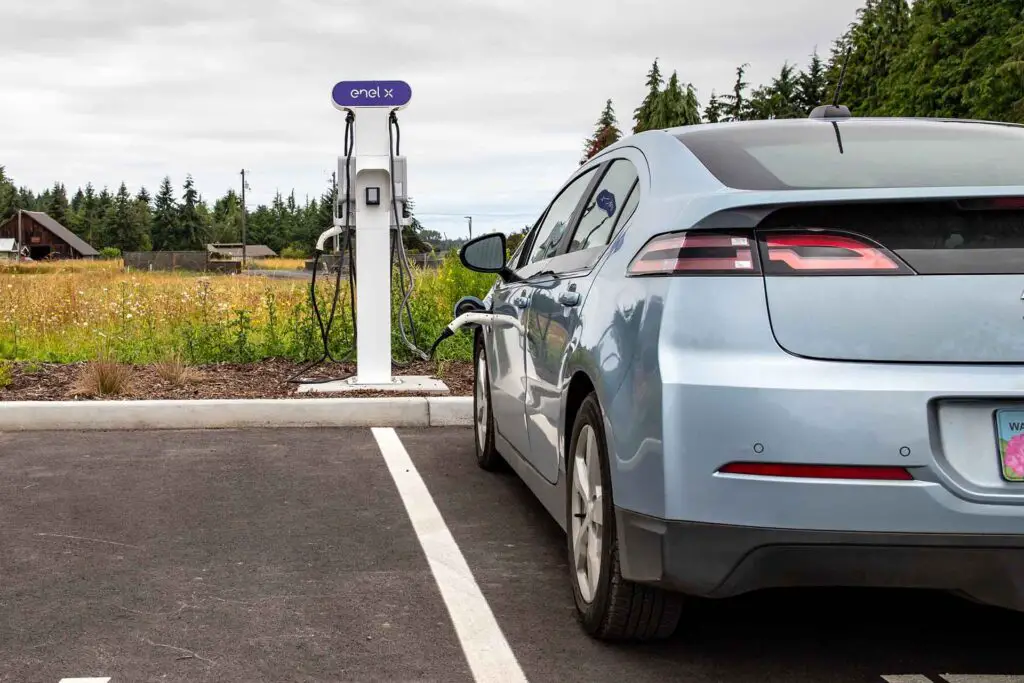
Are Electric Vehicles Gaining Popularity?
Definitely yes! EVs are gaining significant popularity worldwide. There has been a notable increase in the adoption and acceptance of EVs in recent years. And here are several factors that contribute to their growing popularity:
Environmental Awareness
With increasing concerns about climate change and air pollution, there is a growing emphasis on sustainable transportation. Electric vehicles, being zero-emission vehicles, are seen as a greener alternative to conventional gasoline or diesel cars.
Technological Advancements
Continuous advancements in battery technology have improved the range and performance of electric vehicles. Modern EVs offer competitive driving ranges and are capable of delivering a comparable driving experience to traditional cars.
Government Initiatives
Governments around the world are implementing various incentives, subsidies, and policies to promote the adoption of EVs. These measures include tax incentives, rebates, grants, and funding for charging infrastructure development. Such initiatives make EVs more appealing and financially viable for consumers.
Expanding Charging Infrastructure
The availability and accessibility of charging stations are crucial for the widespread adoption of electric vehicles. Governments, private companies, and utility providers are investing heavily in the development of charging infrastructure, including public charging stations and fast-charging networks, making it more convenient for EV owners to recharge their vehicles.
Cost Reduction
While high prices have been a barrier in the past, advances in manufacturing processes, economies of scale, and declining battery costs are contributing to the affordability of EVs. As prices become more competitive, more consumers are considering EVs as a viable option.
Model Variety
Automobile manufacturers are introducing an increasing number of EV models to the market, offering a wider selection to consumers. This variety caters to different needs, including sedans, SUVs, crossovers, and even electric trucks, making EVs more appealing to a broader range of buyers.
There Are Many Advancements in Electric Vehicle Technology
We’re witnessing the remarkable advancements in EV technology that are shaping the future of transportation. Explore cutting-edge innovations in battery technology, range improvements, charging infrastructure, and smart connectivity systems.
With each breakthrough, electric vehicles are becoming more competitive with traditional combustion engine vehicles. It also allows paving the way for a sustainable and efficient transportation landscape.
Battery Technology Advancements Make EVs More Practical for Long-Distance Travel
In recent years, there have been remarkable improvements in battery technology. One of the key areas of focus has been on enhancing the range of electric vehicles. Advancements in battery energy density have led to significant increases in the distance EVs can travel on a single charge. This means that drivers can now go farther without worrying about running out of power.
This doesn’t only represent the future of electric four-wheelers, but it also helps overcome driving stress. Rapid charging stations can replenish a significant portion of the battery capacity in a matter of minutes, making EVs more practical for long-distance travel and reducing charging downtime.
The potential for continued advancements in battery technology is promising. Research and development efforts are focused on further increasing energy density, allowing EVs to achieve even longer ranges on a single charge. Moreover, cost reduction remains a priority, aiming to make EVs more affordable and accessible to a wider audience.
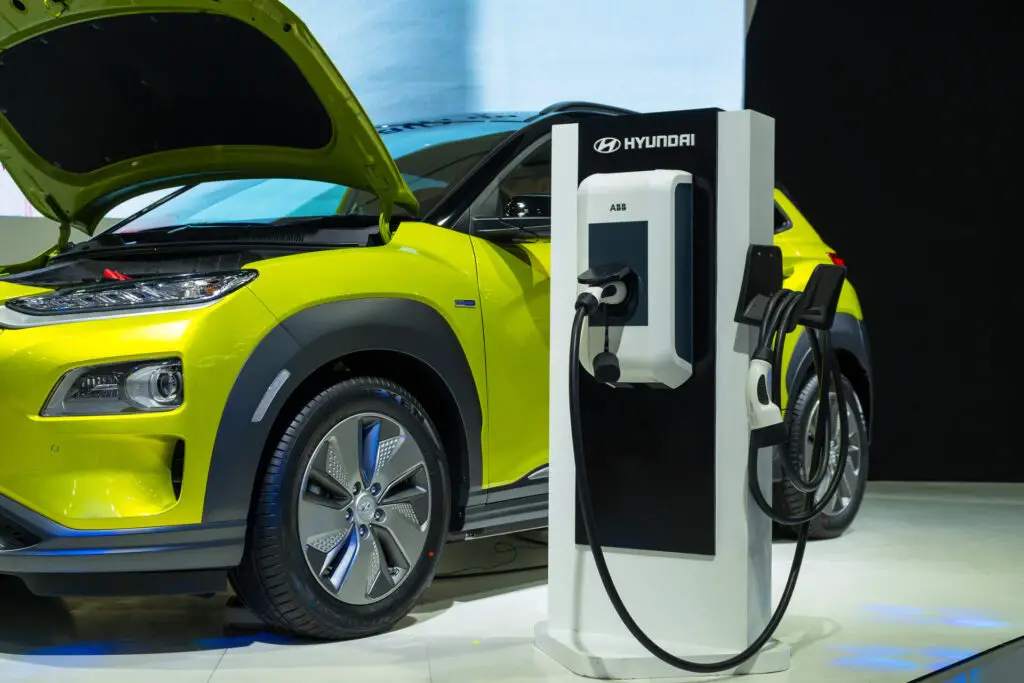
Are Electric Cars the Future – What Can Be Said for Environmental Sustainability
EVs hold immense promise in terms of environmental sustainability. Their zero-emission nature, coupled with the potential for using renewable energy, offers a cleaner and greener alternative to conventional vehicles. As the world focuses on achieving sustainability goals, EVs are set to play a pivotal role in creating a more eco-friendly and sustainable transportation system for the future. Let’s explore a bit more about how best EVs can change the world.
Reduced Emissions for Eco-Friendly and Sustainable Transportation System
With zero tailpipe emissions, EVs significantly reduce air pollution and improve urban air quality. These also contribute to mitigating climate change by reducing greenhouse gas emissions. As the electricity used for charging becomes greener, either through renewable sources or cleaner grid energy, the overall carbon footprint of EVs decreases further.
The widespread adoption of electric autos holds the potential to have a transformative impact on air quality and climate change, fostering cleaner and healthier cities while helping to address global environmental challenges.
Renewable Energy Integration Gives EVs a Prime Role in Getting Cleaner Ecosystem
Renewable energy sources, such as solar and wind, open up exciting possibilities for a cleaner and more sustainable energy ecosystem. Solar panels and wind turbines can generate clean electricity that directly charges electric car batteries, reducing reliance on fossil fuels.
This combination enables a truly sustainable transportation system where vehicles become an integral part of the renewable energy grid. As renewable energy technologies continue to advance, the coupling of electric four-wheelers with solar and wind power holds immense promise for reducing greenhouse gas emissions, minimizing air pollution, and building a greener and more sustainable future for generations to come.
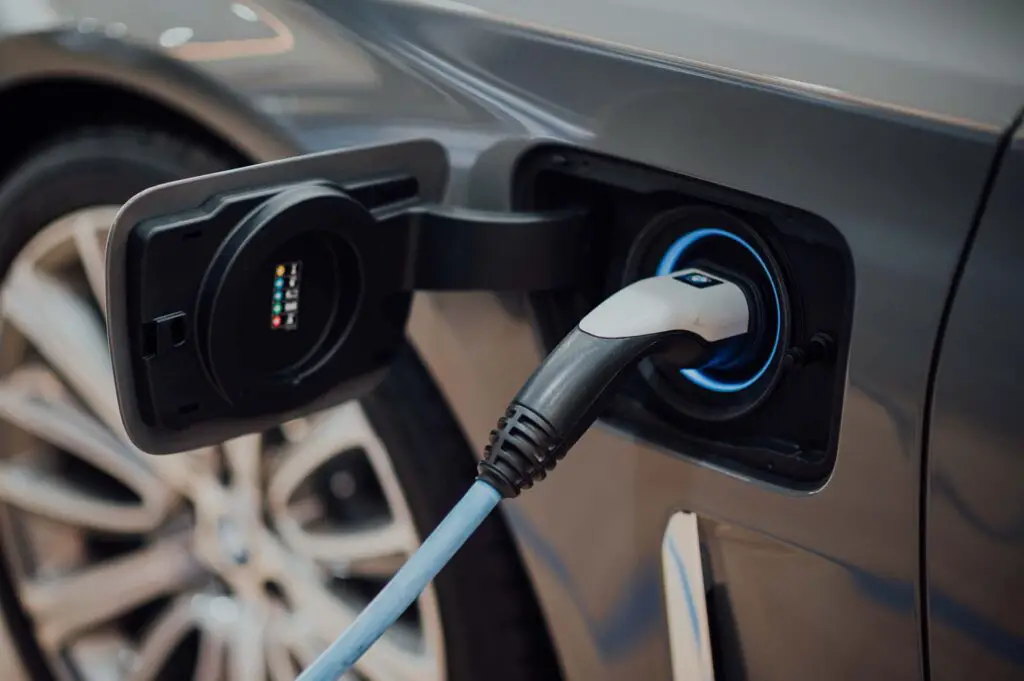
Many Government Initiatives and Policies Will Ensure the Future of Electric Cars
Surely, the future of EVs is being shaped by a multitude of government initiatives and policies that are driving their widespread adoption. Regulations mandating stricter emission standards and targets for reducing greenhouse gas emissions are pushing automakers to invest in electric vehicle technology.
These government initiatives and policies create a supportive environment that encourages the transition to EVs, ensuring a future where EVs become the norm and contribute to a cleaner and more sustainable transportation system. That’s how states like California, New York, and Washington have historically had higher EV sales and a more developed charging infrastructure while other regions are experiencing increasing adoption rates.
Supportive Regulations Stimulate Market Demand
One key aspect of these efforts is the provision of incentives, subsidies, and tax benefits that make electric cars more appealing to consumers. These financial incentives often come in the form of tax credits or rebates that directly reduce the purchase price of an EV. They help offset the typically higher upfront cost of EVs compared to conventional vehicles, making them more affordable and enticing for potential buyers.
Some governments also provide tax benefits for electric vehicle owners, such as exemptions or reductions in vehicle registration fees, road taxes, or toll fees. These measures further incentivize consumers to choose EVs by reducing the overall cost of ownership.
In some regions, government policies set emission standards and regulations that push automakers to produce and sell a certain percentage of zero-emission vehicles, promoting the development and availability of different models.
Charging Infrastructure Development Is One of the Reasons Why Electric Cars Are the Future
Partnerships between governments, utilities, and private companies play a crucial role in expanding the charging infrastructure network. These collaborations facilitate the installation of charging stations and ensure their interoperability, allowing EV owners to use various charging networks with ease.
Furthermore, the integration of charging infrastructure with renewable energy sources is gaining traction. Many charging stations are powered by solar panels or connected to clean energy grids, aligning the charging process to reduce overall greenhouse gas emissions.
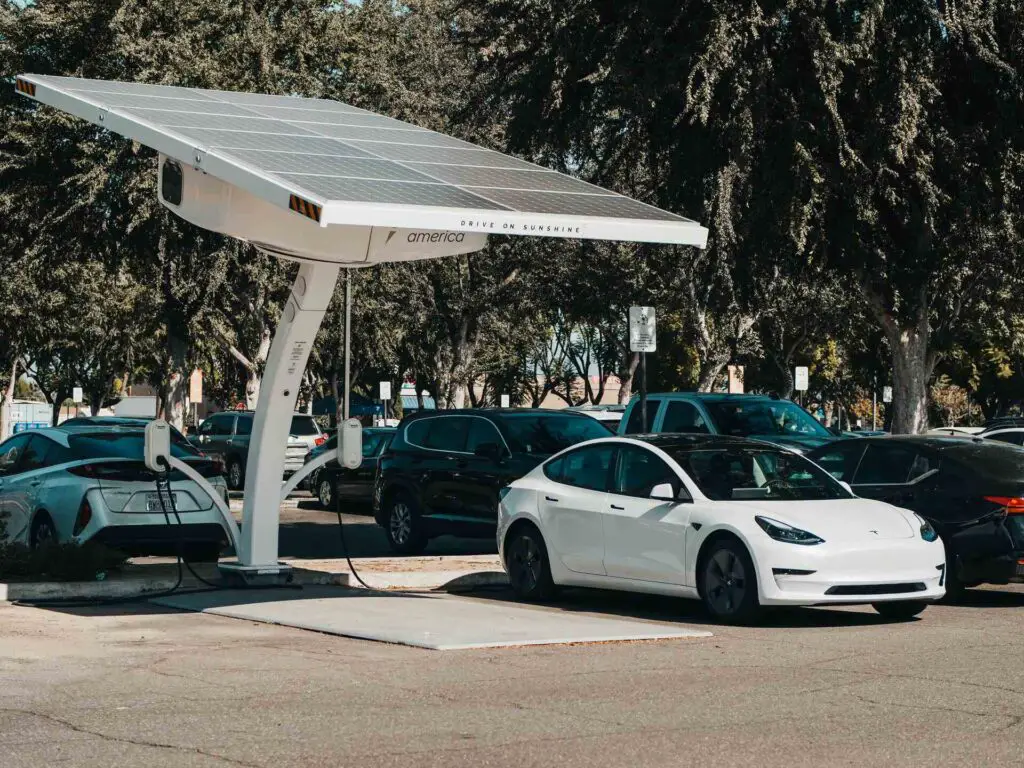
There Are Some Potential Challenges and Considerations to Overcome
While the adoption of EVs is steadily increasing, there are still some potential challenges that need to be addressed to fully overcome barriers to widespread adoption. These challenges include concerns such as limited driving range, availability of charging infrastructure, longer charging times compared to refueling with conventional vehicles, and the overall cost of electric cars (as I already mentioned).
Range Anxiety and Charging Infrastructure
Two significant concerns associated with EVs are limited driving range and the necessity for a robust charging infrastructure network. Limited driving range refers to the distance an EV can travel on a single charge before needing to recharge. This concern often leads to a range of anxiety among potential EV owners who worry about being stranded without access to charging facilities.
The need for a robust and widespread charging infrastructure network is crucial to support the growing number of electric vehicles. Charging stations need to be conveniently accessible in urban areas, residential locations, workplaces, and public parking areas to cater to the charging needs of EV owners. Governments, utility providers, and private companies are working together to expand the charging infrastructure network, installing charging stations at strategic locations to ensure coverage and availability.
Battery Recycling and Disposal
One challenge is the sheer volume of batteries as the number of electric vehicles on the road grows. It is crucial to establish efficient and scalable recycling processes to handle the increasing battery waste. Recycling facilities can recover valuable materials like lithium, cobalt, nickel, and other metals present in the batteries, reducing the reliance on mining for these resources.
Another challenge is ensuring environmentally responsible disposal practices for batteries that have reached the end of their lifecycle. Proper disposal prevents the release of toxic substances into the environment and reduces the risk of soil and water contamination. Implementing regulations and guidelines for the safe disposal of EV batteries is essential.
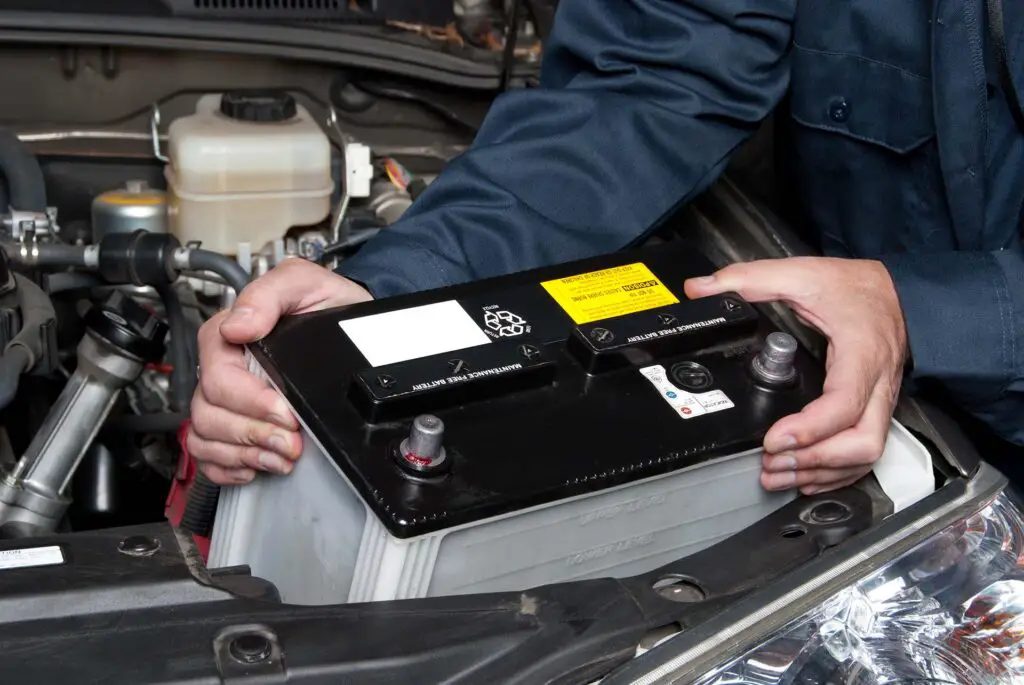
Are Electric Cars Really the Future – Only Time Will Tell
Electric cars may represent the future of the automotive industry. However, given the current technology and steep prices, it only makes sense to observe how the market will evolve over time before making any real conclusions. But there’s no denying that EVs have made a major impact on sustainability and transportation already. Despite their obvious faults, they hold a promise of greater things to come.




